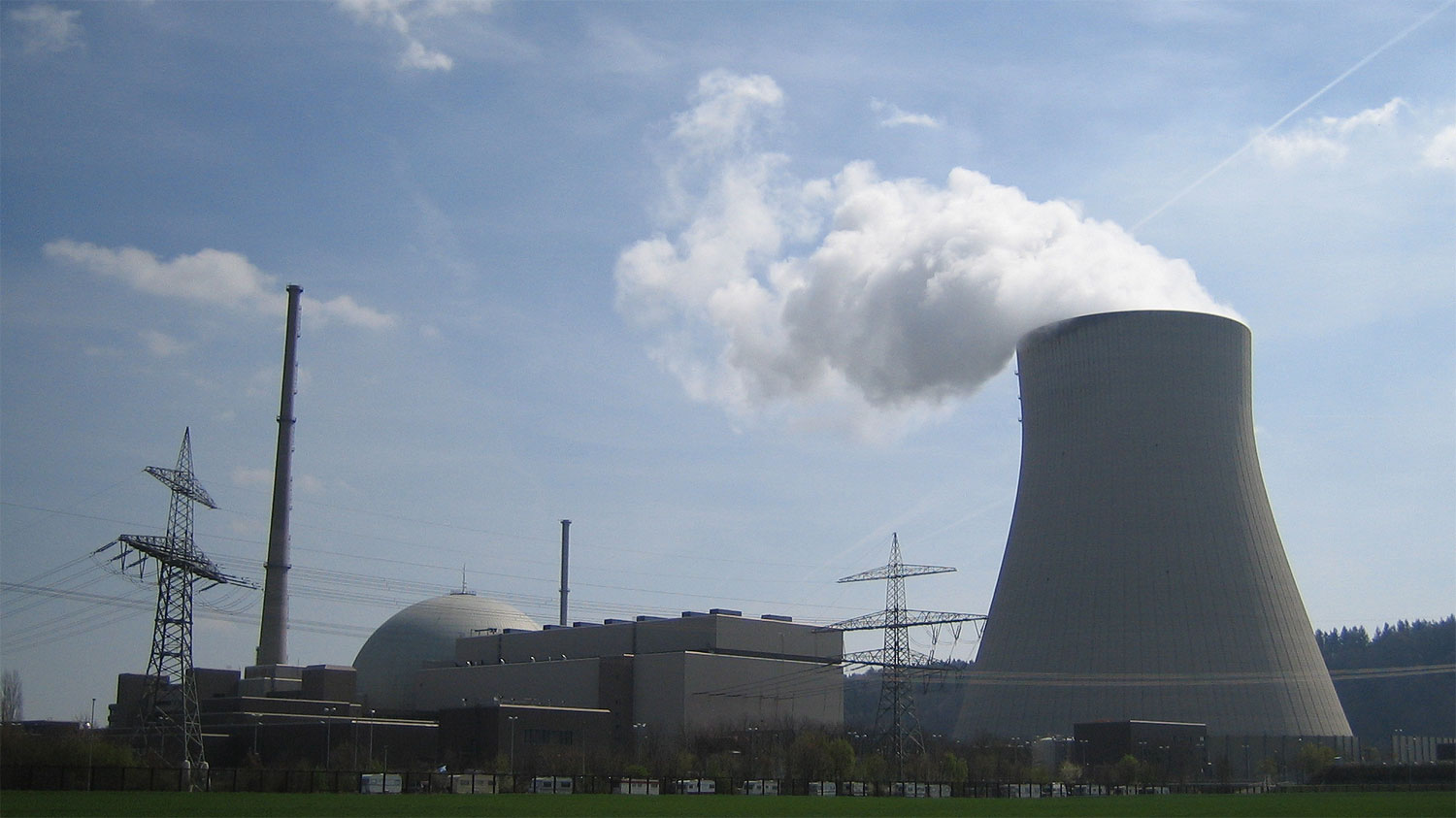German Chancellor Olaf Scholz on Wednesday openly raised the possibility of extending the life of the last three German nuclear power plants scheduled for closure this year, the Hamburg news magazine Der Spiegel reported.
Fresh from a declaration signed by 22 leading professors in favor of restarting nuclear power plants, the German government seems to be veering towards a more rational approach regarding its three still operational facilities.
The federal government is expected to make a decision based on the stress test of the power supply, which will be available soon, according to the German newspaper. The Social Democratic (SPD) chancellor also spoke about how nuclear power plants would be “relevant only in the production of electricity, and only in a small part” — the significance of this is that the conversion of nuclear energy into natural gas is also being debated, which also burdens the German elite.
“Nevertheless, it makes sense,” Chancellor Scholz said.
As a reason, he added that Bavaria, for example, was only progressing very slowly with the development of wind energy capacity. The construction of the electricity transmission network in the southern direction has also progressed more slowly than planned.
Scholz also spoke about the fact that the independence of the German energy supply from Russia can be strengthened, that gas storages are better than before, and that the planned LNG terminals (liquefied gas) can be put into operation from the end of the year.
Der Spiegel’s article points out that, following fears about the cessation of Russian gas deliveries, the Free Democratic (FDP) and the opposition Christian Union parties (CDU/CSU) were the biggest advocates of extending the life of the last German nuclear power plants. Among the governing parties, the SPD and especially the Greens have so far proven to be skeptical.
However, in the event of a crisis, the Greens do not completely rule out changing their position and granting at least a temporary exemption, especially in the case of the Isar-2 power plant in Bavaria. Bavarian Prime Minister Markus Söder (CSU) would also allow for controversial fracking, especially in Lower Saxony.






